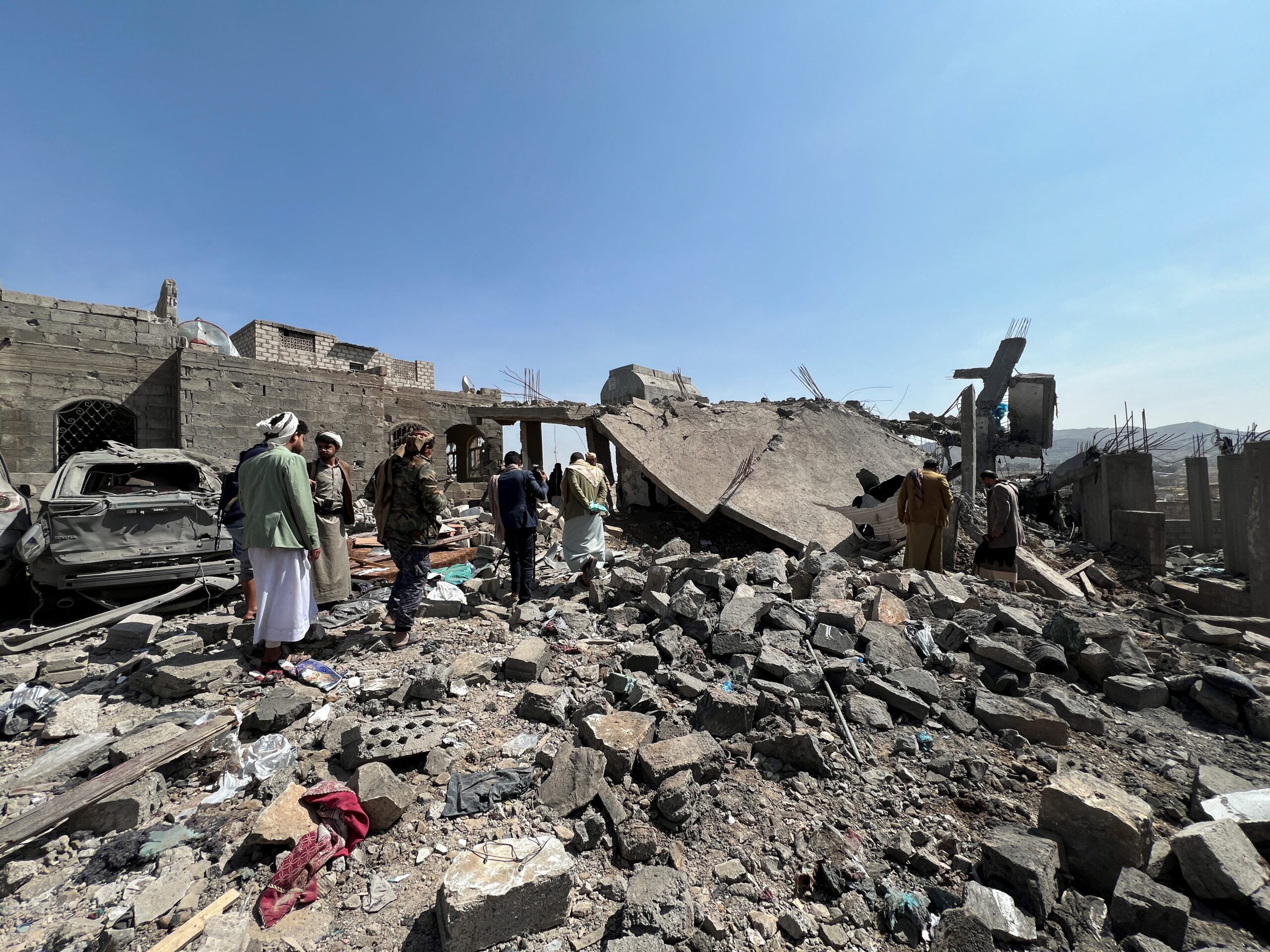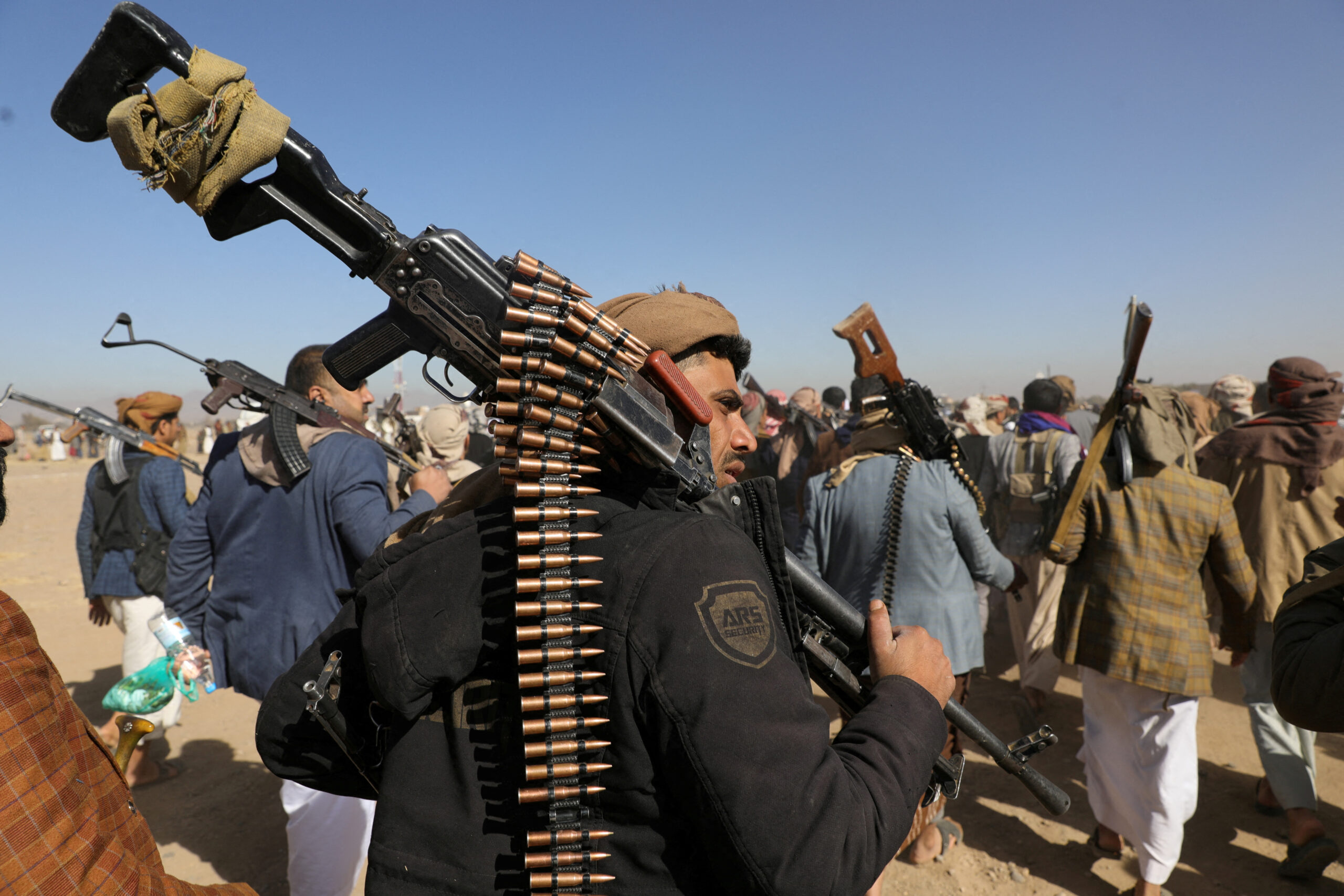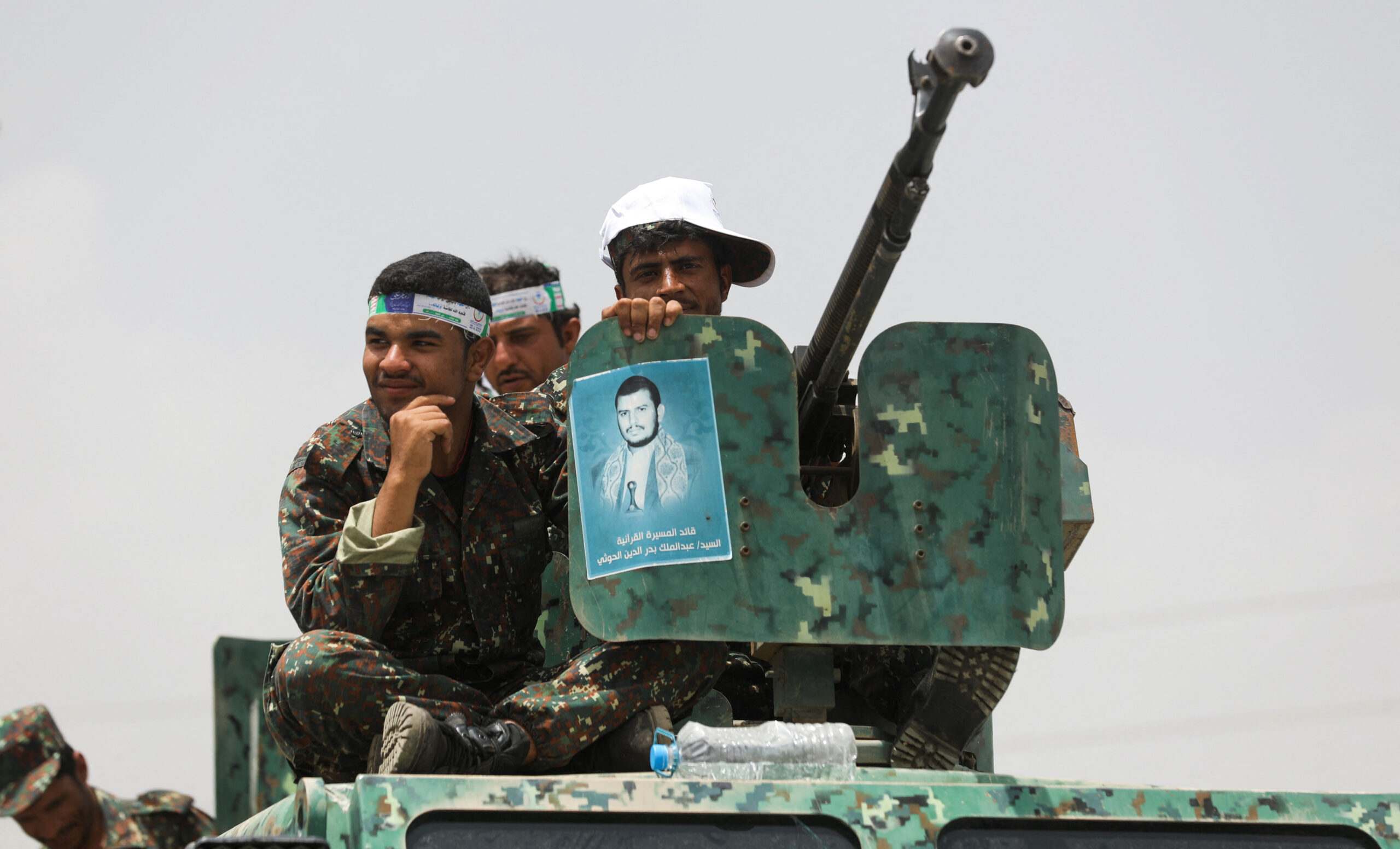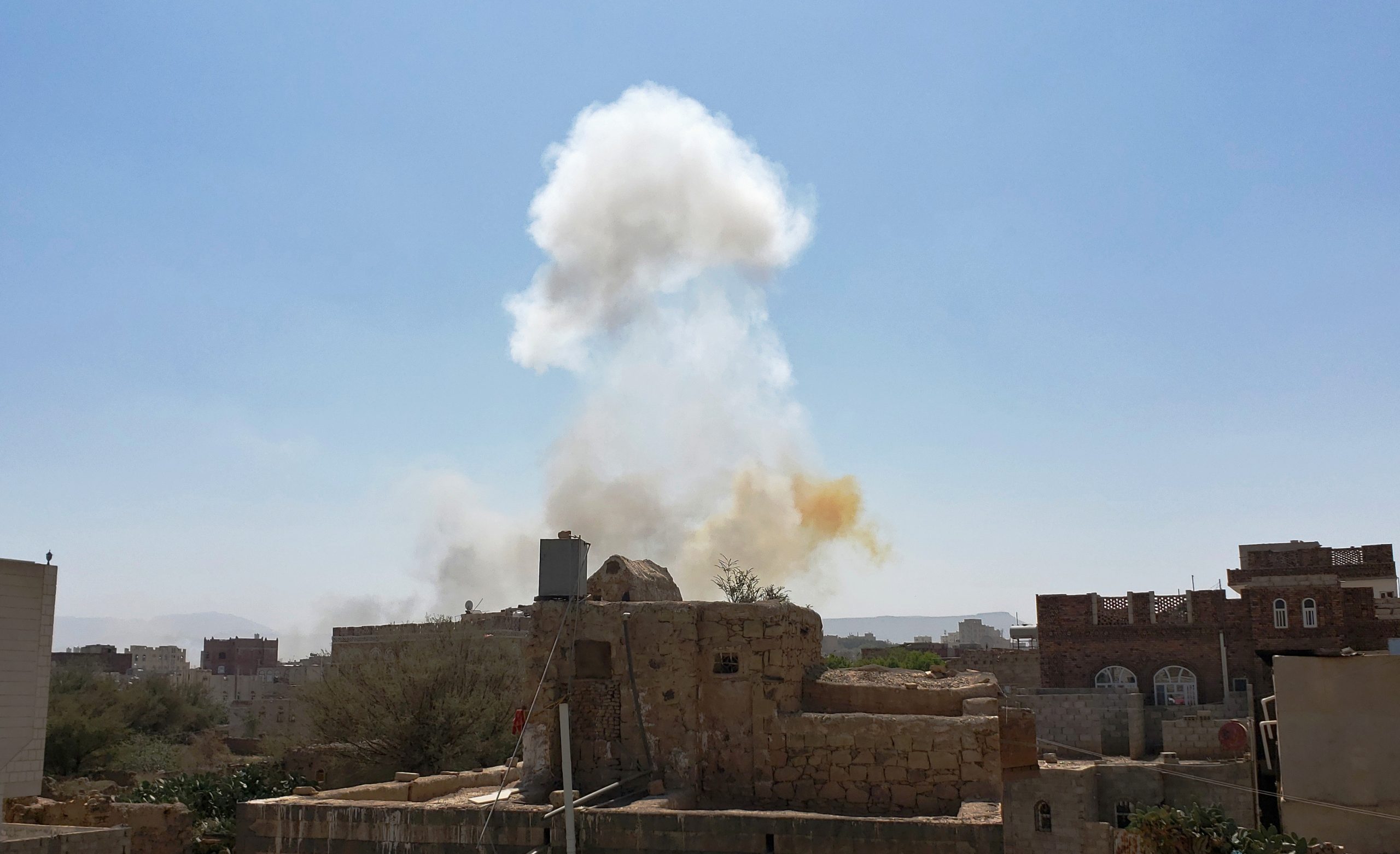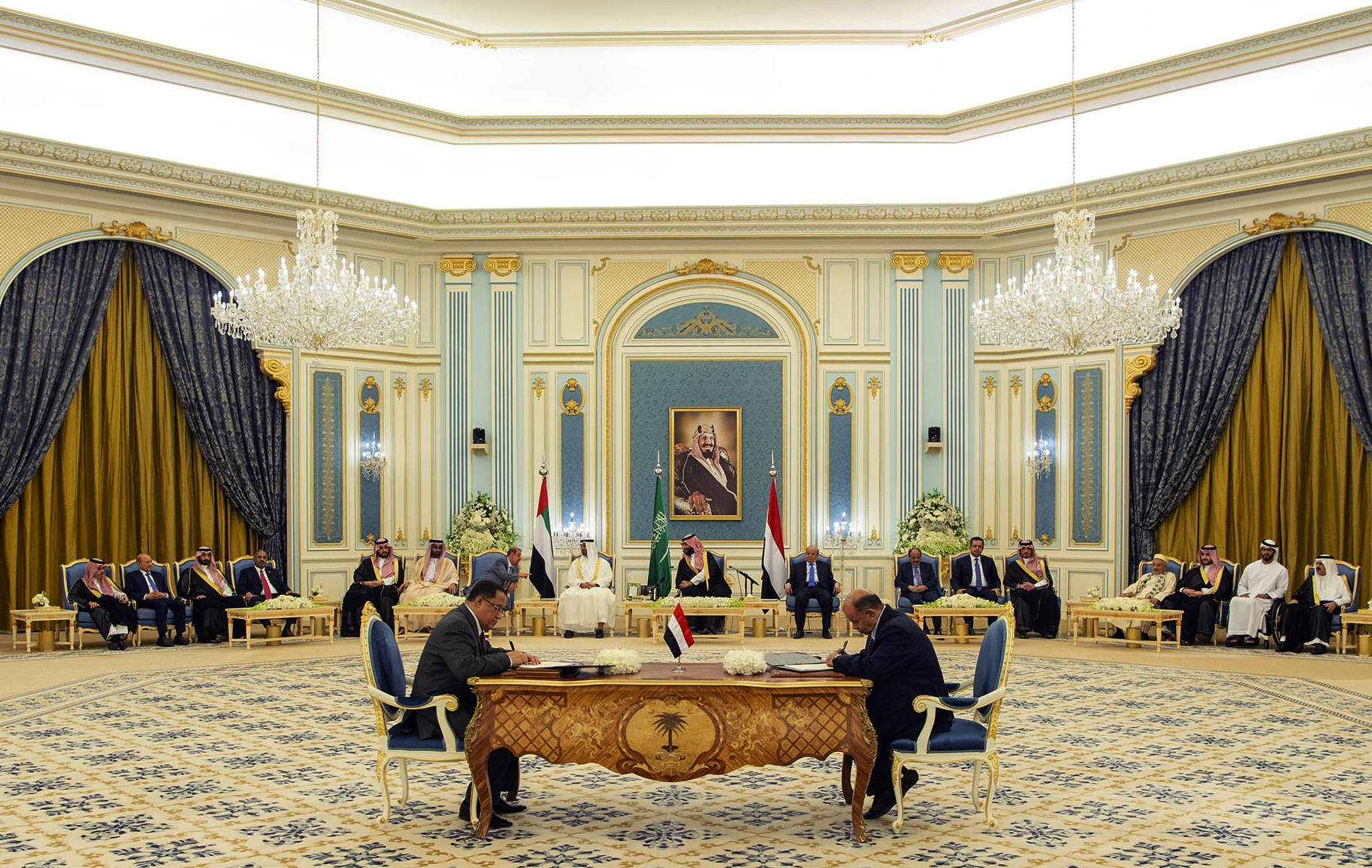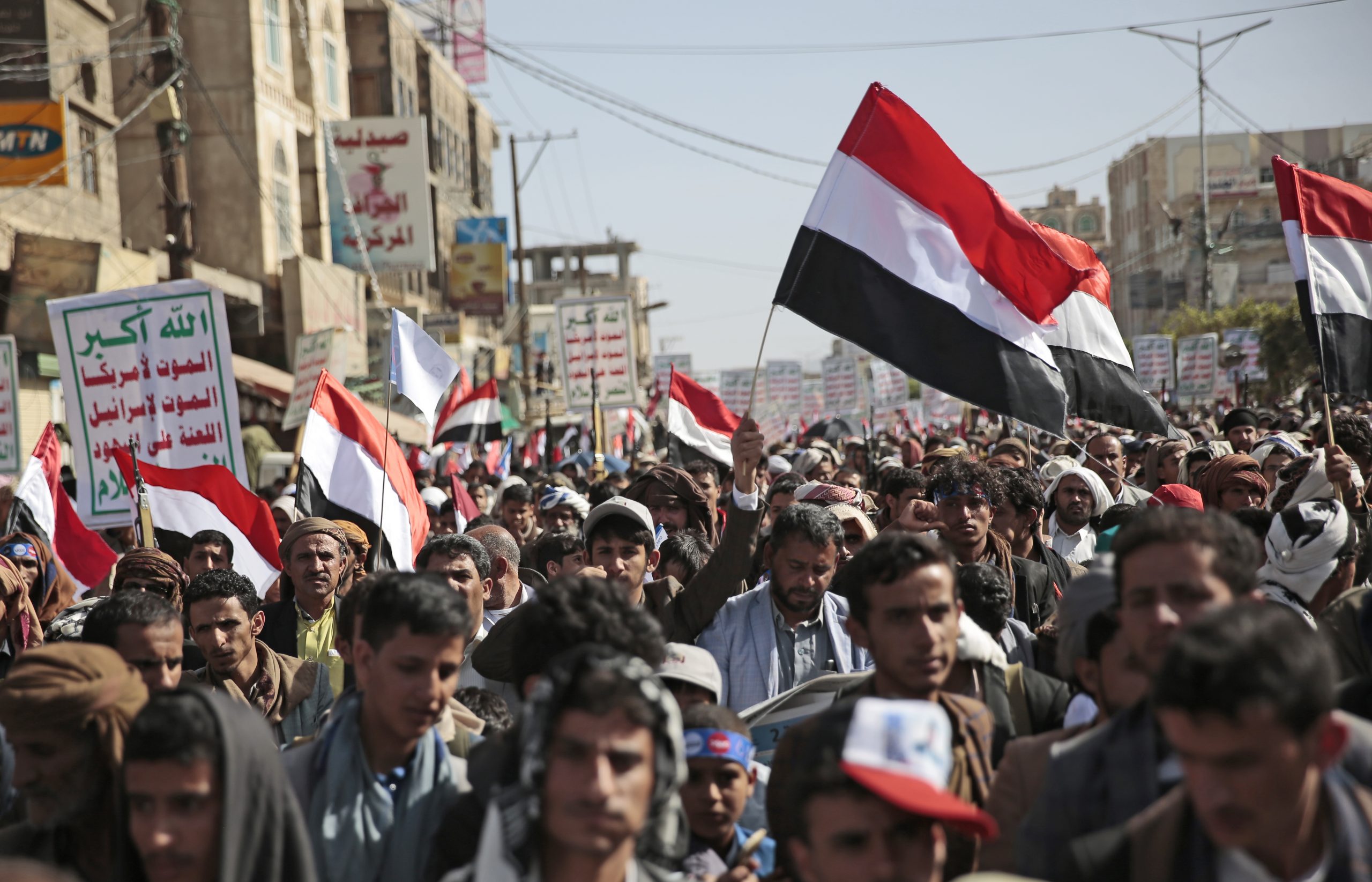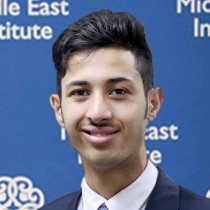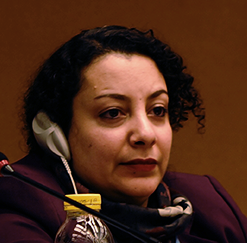
Fatima Abo Alasrar
Non-Resident Scholar, Middle East Institute
Fatima Abo Alasrar is a non-resident scholar at the Middle East Institute. Before joining the institute, Alasrar was a senior analyst at the Arabia Foundation in Washington, DC, the MENA director for Cure Violence, a research associate at the Arab Gulf States Institute in Washington, a Mason Fellow at the Kennedy School of Government, and an international policy fellow at the Open Society Foundation. From 2006-12, she worked as an advisor for the Embassy of Yemen in Washington, DC. Earlier in her career, Alasrar served as a program officer for the Department for International Development in Yemen.
Alasrar holds an MA in public administration from Harvard University, an MA in international relations from Johns Hopkins University, and a BS in architectural engineering from Sanaa University in Yemen.
